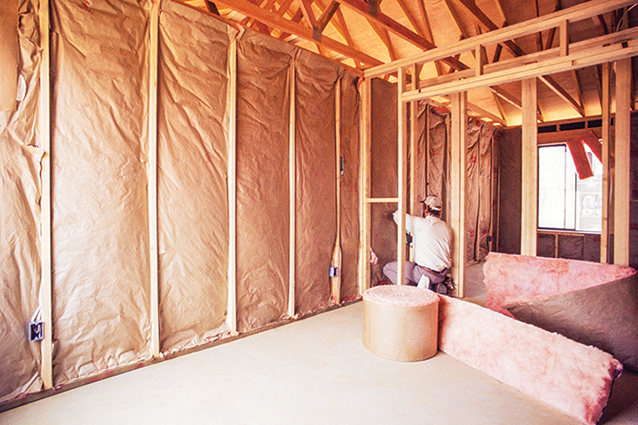Insulation can go a long way toward making a home more comfortable. Insulation reduces the transfer of heat from indoors and outdoors so homes stay more comfortable in both the winter and summer. Insulation also can block exterior noise. A properly insulated home is a must, particularly in the wake of rising energy costs. Insulation will help a home be more energy efficient.
Insulation is easily taken for granted. The following are some facts about insulation and home efficiency that illustrate how much homeowners can benefit from upgrading their insulation.
Insulation is made from a variety of materials, including fiberglass, wool, cellulose, and spray foam.
Unless damaged, insulation lasts for the life of the building. Some settling of insulation may occur, particularly with loose-fill type insulation, and gaps can be filled in.
During the Middle Ages, walls of homes were stuffed with straw and mud to help keep out the cold. It is one of the first documented types of insulation.
According to the U.S. Environmental Protection Agency, insulation saves more than 600 times more energy each year than compact fluorescent lights, Energy Star Appliances, and Energy Star windows combined.
For every Btu consumed in the production of insulation each year, 12 Btus are saved by the use of insulation, says A+ Insulation of Kansas City.
An insulating material’s resistance to heat flow is measured in terms of its thermal resistance, or R-value. The higher the R-value, the greater the insulating effectiveness. An insulation contractor can let a homeowner know how much insulation and what R-value is recommended for his or her climate.
Manufacturers continue to experiment with insulation materials. Environmentally friendly options include recycled cotton denim, paper or plant cellulose, and sheep’s wool.
Large pieces of insulation are called batts. Traditionally they are made from pink fiberglass, which is extremely fine woven glass. It’s important to realize fiberglass insulation can release small particles or fibers in the air when disturbed, so respiratory protection and gloves should be used when handling to reduce risk of irritation.
Insulation is a key investment in home comfort and efficiency.




